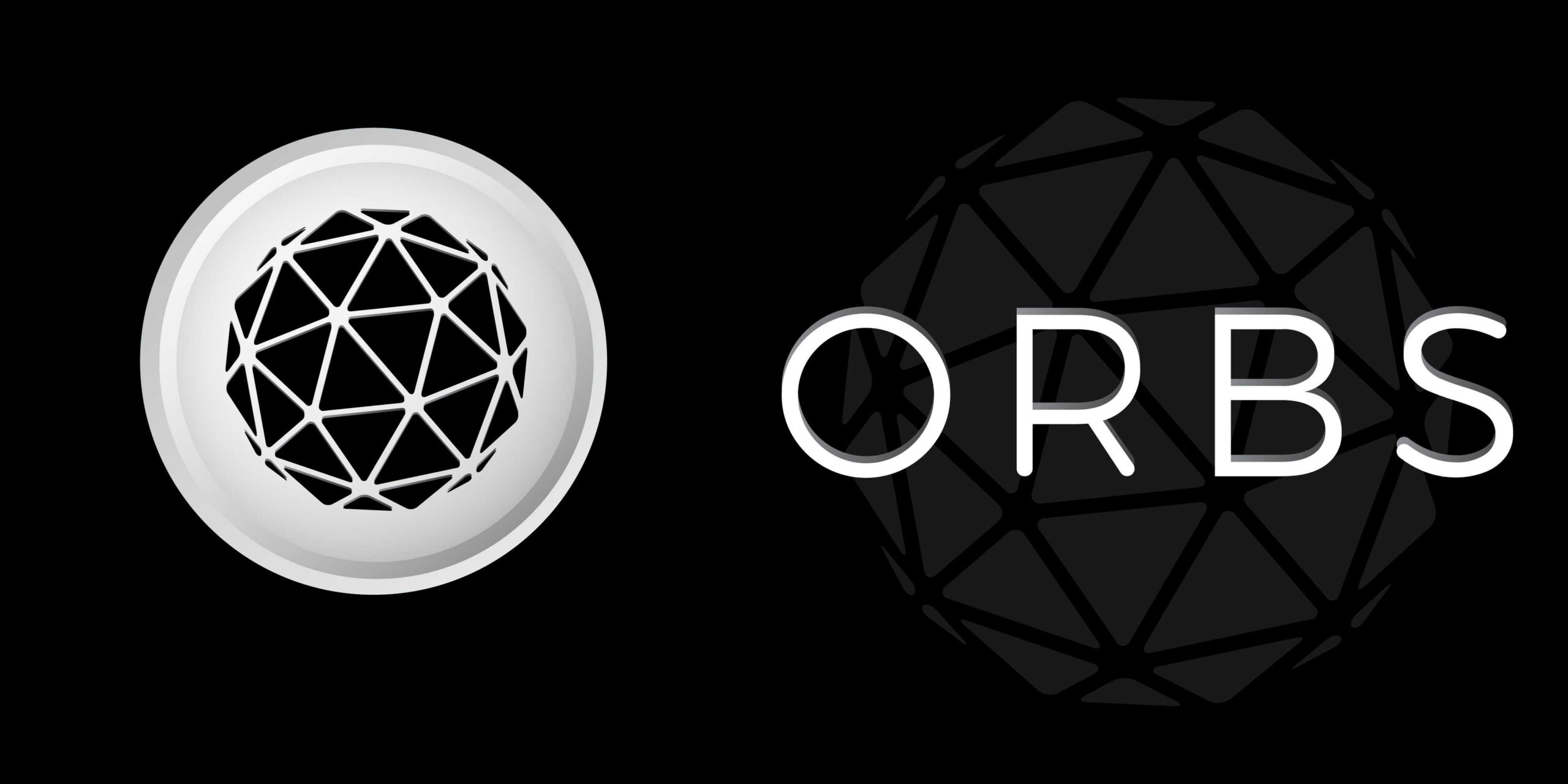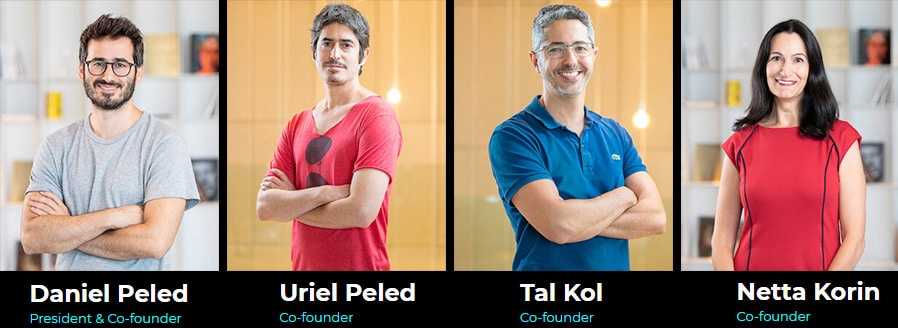
What Is Orbs?
Orbs has been created to bring scale to Ethereum-based projects. It is an open blockchain that is a generation layer working together with Ethereum. By adding Orbs to Ethereum developers of blockchain-based applications get the benefits of both chains. This means unparalleled security and liquidity, integration of the ecosystems, and low fees with an appropriate charge structure.
One of the downsides to Ethereum has been the lack of scalability, but by combining Orbs and Ethereum developers can take advantage of the Ethereum blockchain even when their application supports huge numbers of users right now. This has been made possible by the Orbs inventions of Virtual Chains and Randomized Proof of Stake as a consensus algorithm.
Orbs is based in Israel but has recently opened an office in South Korea as well after partnering with the internet conglomerate Kakao. Orbs will be developing blockchain applications for the Kakao network of over 50 million users. Orbs is also working on a custom blockchain solution for Canada-based Kik, a chat and messaging app company who have also released a crypto token called Kin meant to provide incentives for Kik users.
How Does Orbs Work?
Orbs combines its own scalability, virtual chain isolation, and low fees with the mature decentralized ecosystem of Ethereum to provide developers with everything they need to scale their decentralized blockchain applications massively.
There are three primary features to the Orbs platform: Virtual Chains, Randomized Proof-of-Stake, and Cross-chain Interoperability.
Virtual Chains
Virtual chains run on top of shared physical node infrastructure, which gives the benefits of a dedicated blockchain to all the virtual chains sharing the environment. This means decentralization and security from the physical nodes and customization and isolation thanks to virtualization.
Different virtual chains can get consensus for their transactions independently and the run concurrently on separate resources. They are also put through a sharding process and can be maintained independently while computing is performed in parallel. An added benefit is a reduction in memory requirements for the virtual machine thanks to the isolation of state for each virtual machine.
Virtual Chain Advantages:
- Each application has its own sharded virtual chain;
- Developers are able to choose the consensus protocol and governance model for the virtual chain associated with their app;
- Isolation avoids any potential congestion from other chains;
- Clients can begin with a private blockchain and later switch to a public blockchain without worrying about having to migrate.
Randomized Proof-of-Stake
Orbs makes use of a PoS consensus model called Randomized Proof-of-Stake. It has benefits of being both fast and secure. It works by randomly choosing small committees from a large pool of validators for each consensus round. The large pool of validators ensures decentralization and randomization ensures security, while the use of small committees for consensus makes for a fast and highly scalable consensus method.
Orbs implementation of RPoS is called Helix and it is a Byzantine fault-tolerant algorithm that relies on Orbs staking by Delegators and Guardians to elect the pool of Validators.
Randomized Proof-of-Stake Advantages:
- Easily scalable to accommodate thousands of transactions per second;
- As the number of nodes increases so to does security and speed increase;
- Each individual virtual chain is able to customize its consensus model to optimize for cost-savings, throughput, fairness or latency;
- The use of Byzantine fault tolerance.
Cross-chain Interoperability
Applications running on Orbs are able to seamlessly access the Ethereum state under consensus. This cross-chain access is achieved through the use of smart contracts and it leverages Ethereum’s power without having to leave the Orbs platform.
One example of this in action is an autonomous swap, where developers are capable of securely moving a part of the base-layer assets to run on Orbs while keeping the rest of the assets on the base-layer.
Cross-chain Interoperability Advantages:
- It avoids the need for difficult and painful migrations if a move from a private to public blockchain (or vice-versa) is needed;
- Developers are able to use the base-layer ecosystem for their tokens (i.e. exchanges and wallets);
- If added security is desired the tokens can remain on a Proof-of-Work base-layer, without the usual cost and performance drawbacks;
- Take advantage of both Orbs scalability and the liquidity of the base-layer.
Orbs Team
The Orbs team is composed of over 40 experienced engineers, developers, business people, and academics. The founding four bring their own extensive experience and leadership qualities to the table as well, allowing for fast, smart development.
Daniel Peled is the President and a co-founder of Orbs. He is also a co-founder and CEO at PayKey, an Israeli Fintech startup that’s received investments from the likes of Santander InnoVentures and Mastercard. In addition, he has long been a part of the Israeli Bitcoin scene and was the first Israeli to conduct an ICO for a blockchain company.
Uriel Peled is the second co-founder leading Orbs. He is a key advisor for several notable blockchain projects and was named one of Israel’s top blockchain influencers. In the past, Uriel co-founded Visualead, an AR/VR startup that was later acquired by Alibaba.

The Orbs Communities
When it comes to pushing adoption and awareness for a project, it often helps to take a look at the size and fervor of the broader community.
As crypto-communities go Orbs isn’t anywhere near the firepower of the big projects with thousands of enthusiastic fans. Maybe that’s because they’re focused primarily on businesses and not on the individuals who might speculate on their token.
Their Telegram is the largest following, with just over 6,000 members. The Twitter account has just under 4,500 followers, which is quite small for a blockchain project although they do tweet regularly.
The sub-Reddit for the project has just 436 readers, and as of mid-April 2019, it has been discontinued as the Orbs team has made a move of the community to Discord. While that is far more active than the sub-Reddit had been, it still averages less than 1 post a day in its first three weeks of activity.
The ORBS Token
Orbs conducted their ICO in May 2018, raising $118 million by selling tokens at $0.10 each, or 0.000142 ETH. The total supply of tokens is 10 billion, however, just 1,635,091,511 are currently in circulation.
Tokens weren’t delivered to buyers until after the Orbs mainnet went live on March 28, 2019, nearly a year after the crowdsale. And the price at the debut was $0.053223, which is also the all-time high for the token. As of May 8, 2019, one ORBS is worth just $0.034336 or 0.000201 ETH. That’s a drop of 66.2% in U.S. dollar terms from the ICO, but in Ethereum terms it’s a gain of 41.6%.
The price was enough to propel ORBS into the top 100 cryptocurrencies by market cap from the onset, and it currently sits in the 89th spot.
Those interested in purchasing ORBS can do so using Korean Won at Bithumb or Coinbit. ORBS can also be purchased with BTC at Upbit and on the Bittrex exchange. The token is also available at a handful of other exchanges, but it hasn’t been listed at Binance yet, so investors who believe it might be one day soon can expect a pop higher when (if) that happens.
Bottom Line
The ORBS project is a unique solution to Ethereum scalability that allows businesses to create decentralized blockchain applications capable of supporting huge numbers of users, and without any technical knowledge since the Orbs team will take care of everything.
The project is extremely well capitalized given the large ICO and additional investments from the likes of Kakao. The recent launch of the Orbs mainnet is an exciting and promising step for the platform.



















